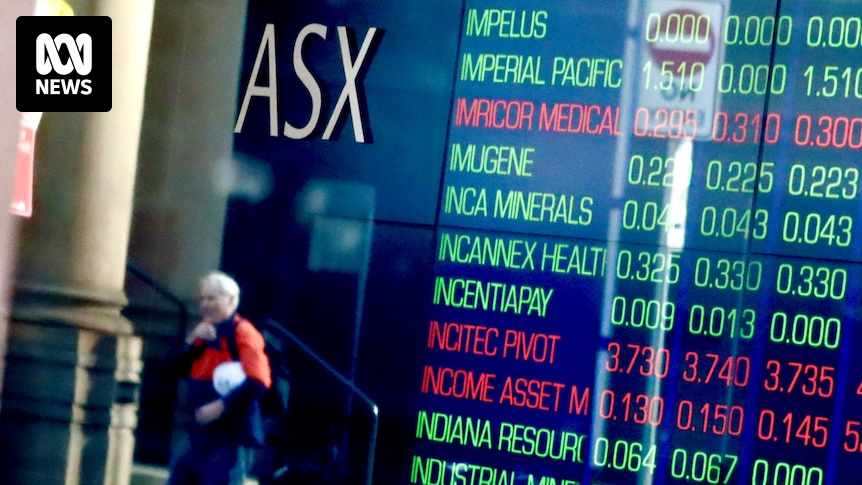While BHP says its decision to cut 750 jobs is because of the Queensland government’s coal royalties being too high, there is another part of the story.
The “big picture” is that coal prices have fallen sharply this year (down by more than 30%).
It’s because demand from Australia’s biggest trading partner, China, is on the way down. So that would also have a sizeable impact on BHP’s coal revenue.
Commonwealth Bank commodity analyst Vivek Dhar published an interesting research note on China’s coal purchases a few weeks ago.
He pointed out China’s coking coal imports have dropped by around 11% in the year to July (and they’re down 8% in the first seven months of the year).
It’s also worth noting the world’s second-largest economy is producing less steel (so not as much need for coking coal from miners like BHP).
“With China accounting for [around] 33% of world’s coking coal imports, the fall in China’s coking coal imports is a key source of downward pressure on coking coal prices,” Mr Dhar wrote in his note.
“Both demand and supply factors have weighed on China’s coking coal imports.
“On the demand side, the 3.1%/yr fall in China’s crude steel output has reduced China’s need for coking coal.
“Policy has played a significant role in reducing China’s steel output so far this year. In March, China’s National Development and Reform Commission (NDRC) had announced for the first time a proposal to cut steel production in its draft plans.
“Since China’s Central Financial and Economic Affairs Commission, which is chaired by President Xi Jinping, met on 1 July 2025, a push to reduce ‘disorderly’ low price competition (also referred to as ‘anti‑involution’) and phase out outdated industrial capacity has begun in earnest.
“We expect China’s steel demand will deteriorate through H2 2025 as payback for frontloading industrial output and exports in H1 2025 to get ahead of higher US tariffs.
“Despite ongoing headwinds to China’s steel demand, we still believe China’s steel output cuts will be a more dominant driver of lower steel production in China.
“Our view that policymakers will announce stimulus in late Q3 or early Q4 to ensure China’s economy reaches its growth target of ‘around 5%’ this year should give a boost to China’s steel demand.”

